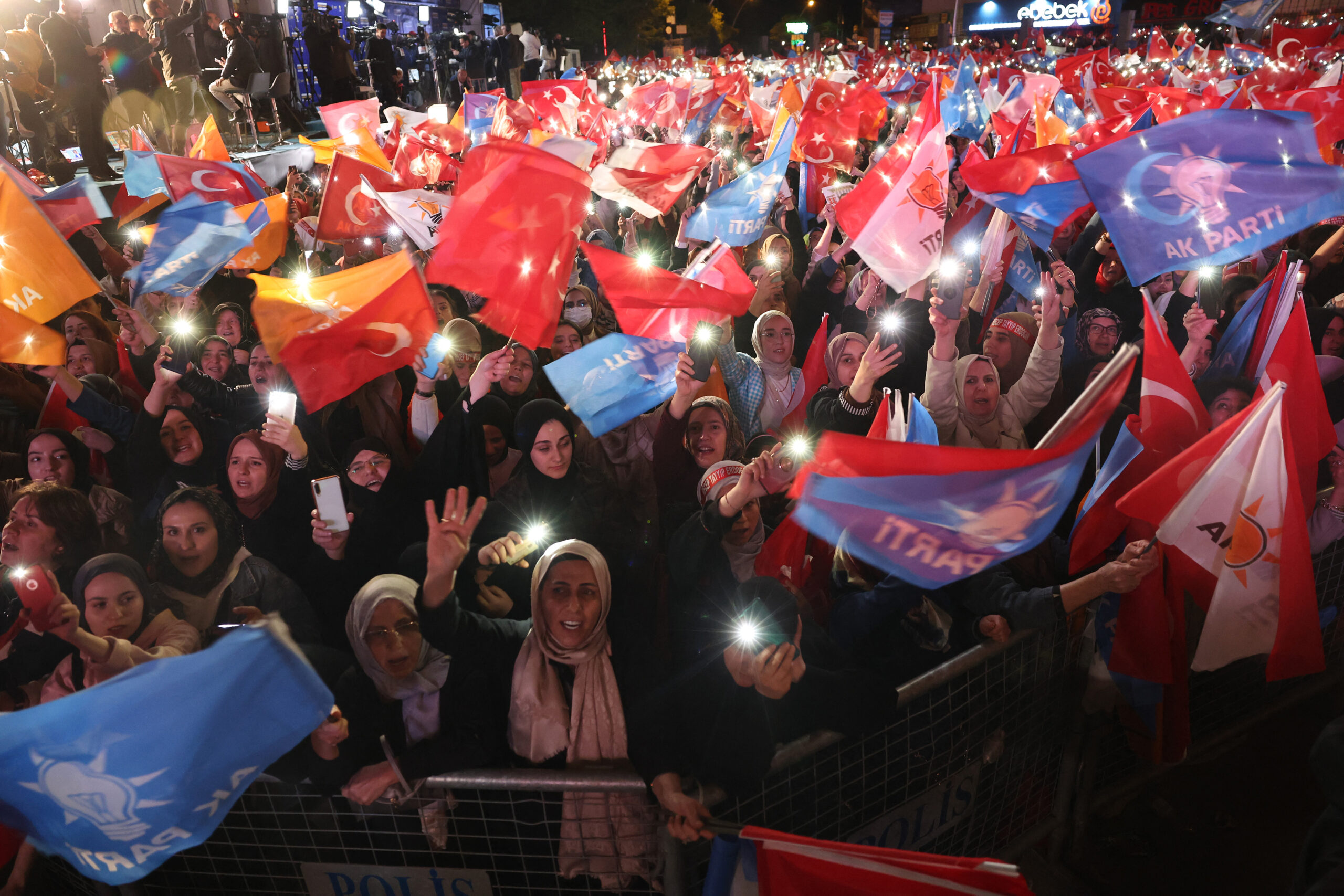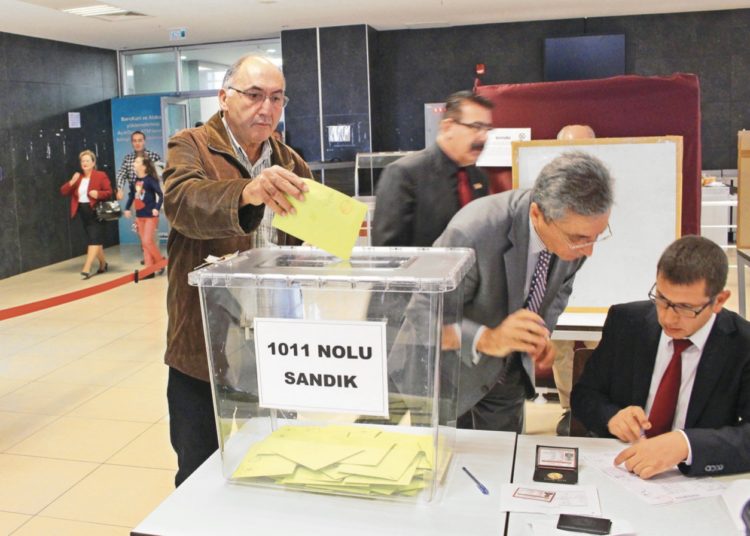Levent Kenez/Stockholm
The joint observation mission from the OSCE Office for Democratic Institutions and Human Rights (ODIHR), the OSCE Parliamentary Assembly (OSCE PA) and the Parliamentary Assembly of the Council of Europe (PACE) said the incumbent president and the ruling parties enjoyed an unjustified advantage during Turkey’s May 14 elections, in a statement of preliminary findings and conclusions published on Monday.
The statement also included the fact that the continued restrictions on fundamental freedoms of assembly, association and expression hindered the participation of some opposition politicians and parties, civil society and independent media in the election process.
President Recep Tayyip Erdogan and the People’s Alliance that supports him were widely and favorably covered in the media, particularly by state-owned media organizations, the statement says.
Furthermore, main opposition leader and presidential candidate Kemal Kılıçdaroğlu did not appear as a guest of any state-owned media organization.

“… media monitoring results demonstrate that the public Turkish Radio and Television Corporation (TRT), TRT-1 and TRT Haber newscasts showed a clear bias towards the People’s Alliance and Mr. Erdogan, who received a combined total of 44 and 45 percent of politically relevant coverage, mainly positive in tone. These outlets did not distinguish between Mr. Erdogan’s coverage as president and candidate, often presenting campaign activities as coverage of the president, going beyond the need to inform about regular activities of a public official. In contrast, the Nation Alliance and Mr.Kılıçdaroğlu received a combined total of 28 and 25 per cent, while Labour and Freedom Alliance received 7 and 5 per cent of newscast coverage, all mainly negative in tone, ” the statement says.
Nonetheless, the campaign itself was found competitive and largely free for most contestants by the OSCE delegation; however, intense polarization, harsh rhetoric, instances of misuse of administrative resources and the pressure and intimidation faced by one opposition party are noted.
For many people in Turkey, the fact that the elections are described as competitive by international institutions does not mean that the elections were fair.
Opposition voters who expressed doubts about the results of the May 14 elections on social media are of the opinion that the opposition parties should exert more effort regarding allegations of inconsistency between the ballot box results and the Supreme Election Board data.
Turkey’s main opposition Republican People’s Party(CHP) announced that they detected conflicts in 2,269 ballot boxes in the presidential election and in 4,825 ballot boxes in the parliamentary election.
Meanwhile, prominent journalist Can Ataklı voiced a claim that had previously appeared on the TR724 news website before the elections on his YouTube channel yesterday. Ataklı told viewers that software and election experts found that hundreds of thousands of people voted many times with fictitious IDs according to a report submitted to Ekrem İmamoğlu, mayor of Istanbul and the opposition vice presidential candidate. TR724 previously claimed that this fraud was managed by Interior Minister Süleyman Soylu, who also runs the ministry’s Directorate Deneral of Population and Citizenship Affairs, the authority that issues national IDs.
The OSCE statement also said the process for handling complaints at all levels of the election administration lacked transparency and that Supreme Election Board decisions that were published were generally not sufficiently reasoned.
The OSCE noted that the election administration efficiently managed technical preparations for the elections in southern Turkey, which was hit by twin earthquakes in February, and complied with most legal deadlines despite significant challenges posed by the earthquakes.
However, many voters who have expressed doubts about the election results also find it suspicious that the number of voters in the earthquake-hit region has increased despite the tremendous loss of life and the fact that tens of thousands of residents moved to other cities, stating that the increase is not related to the population growth rate.
Erdogan increased his vote in the earthquake-hit region despite his failure to deliver aid and send rescue teams immediately after the disaster struck.
The OSCE had similarly announced that opposition parties were denied equal conditions for campaigning in Turkey’s June 24, 2018 elections and that Erdogan and the ruling party enjoyed undue advantage.
The May 28 runoff will determine whether Erdogan will continue to run the country or if his main rival Kılıçdaroğlu will end his 20-year reign.
OSCE statement:












